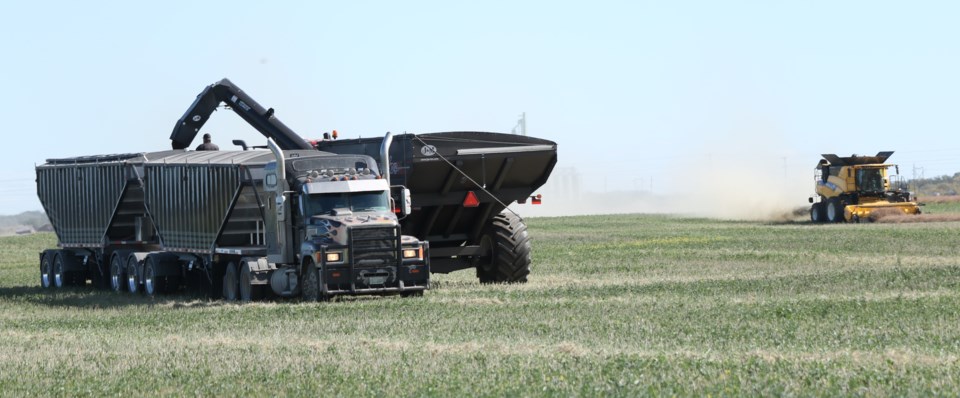YORKTON - If we hope to see improvement, then the future of just about every human endeavour ultimately relies on scientific research.
We do not have safer cars by chance.
We would not have the computers of today without research.
There is science behind human flight, and tons more to be successfully completed if we hope to one day leave this planet to live on another.
And the list goes on.
It is of course the same in agriculture where research by scientists is crucial from best practices in fertilizer application, to weed control, to the particular traits developed in the varieties that are grown.
Given that the crops farmers grow around the world largely feed everyone, either directly as grains and oilseeds to make everything from rolled oats and canola oil to flour for bread, or converted into the milk and eggs, bacon and beef steak we eat, every step taken in varietal development is important.
That grains feed us, is also a very good reason for the public to play a role in that research through an investment of dollars, which ultimately means tax dollars being spent to fund good science.
So it was good news for both farmers and the public when it was announced recently by Canada's Minister of Agriculture and Agri-Food Marie-Claude Bibeau and Saskatchewan Agriculture Minister David Marit a total of $9.1 million in funding was being provided for new crop-related research projects in 2022.
This year's funding will support 55 crop-related projects in Saskatchewan through the province's Agriculture Development Fund (ADF).
Producers in-turn stepped up too, to add their dollars to the work with approximately $4.1 million contributed by a range of industry partners in support of these projects including wheat, canola and flax producer groups. Having producer dollars on the table is of course important as they stand to benefit first from developments achieved.
It is also producers who know best what areas of advancements in crop production would best help them be successful, so they are a key guide to point researchers down the rights paths of study.
In a release from the University of Saskatchewan highlighting more than $5.7 million in funding it was noted projects would range “from plant-based edible 3D printing and packaging to using drones for monitoring crops and soil health.”
The funding which came through Saskatchewan’s Agriculture Development Fund (ADF) was awarded to 25 USask researchers to support 34 projects.
The return on this investment will not be an immediate one, but the dollars spent now are good ones as they will help forge a better farming future, and that means a continued source of food on our tables.

